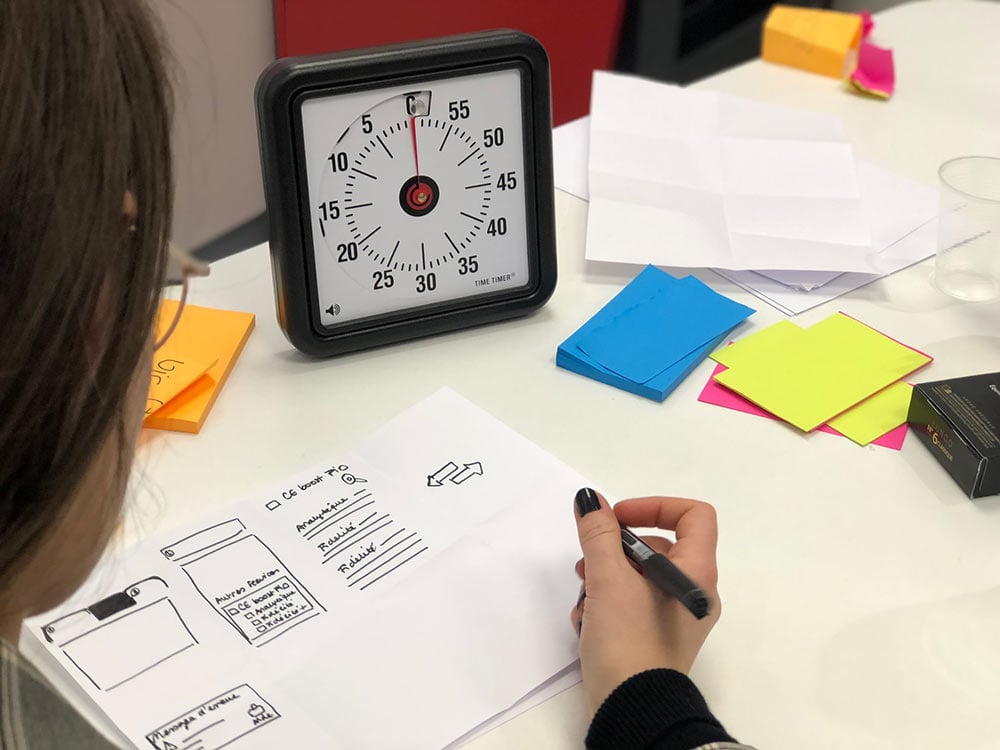 The Gates-MacGinitie Reading Test is designed to assess student reading levels throughout the course of their education. Aligned with state and national reading standards (Common Core Standards), these exams were created to determine overall reading ability, specifically in the areas of decoding, phonemic awareness, phonics, vocabulary, and comprehension.
The Gates-MacGinitie Reading Test is designed to assess student reading levels throughout the course of their education. Aligned with state and national reading standards (Common Core Standards), these exams were created to determine overall reading ability, specifically in the areas of decoding, phonemic awareness, phonics, vocabulary, and comprehension.
The tests are user-friendly, and have long been considered one of the most favored and reliable among formal Reading Assessment exams. Normed against national standards, teachers are able to compare individual students and/or classes to groups of students at the same grade level across the United States. On a day-to-day, practical basis, the Gates-MacGinitie Reading Tests allow educators to assess their students’ progress, form homogenous reading groups within a classroom, and keep parents informed as to their child’s short and long-term progress by providing objective, quantitative data.
Pre-Reading (PR) and Beginning Reading (BR) Levels:
The first two Gates-MacGinitie Reading Test Levels are available in Pre-Reading (PR) Level, with Sub-Tests in Literacy Concepts, Oral-Language Concepts, Letter and Letter/Sound Correspondences, and Listening Comprehension, and Beginning Reading (BR) Level, with Sub-Tests in Initial Consonants and Clusters, Final Consonants and Clusters, Vowels, and Basic Story Words (sight words). These first two exams are available as paper and pencil versions only. These Test Levels take between 75 and 100 minutes to administer.
Early Independent Reading Levels 1 and 2
Early Independent Reading Levels 1 and 2 are designed to assess a student’s level of early independent reading ability. This is the level at which they demonstrate fluent decoding and good comprehension without benefit of any teacher intervention. These levels generally coincide with students in First and Second Grade. Early Independent Levels include a test of Decoding, as well as Comprehension, and Word Knowledge. The Level 1 test takes 55 minutes, and the Level 2 test requires 75 minutes.
Mature Reading (MR) Levels 3-10/12
Mature Reading Levels 3-10/12 specifically measures a student’s overall reading ability in Grades 3 through 10/12, and this testing is divided into two sections that measure vocabulary knowledge and comprehension.
Adult Reading Level (AR)
Adult Reading Level (AR) is intended for use by colleges, vocational schools, potential employers, GED and Adult Education programs; this Level is intended to assess the overall reading ability of the adult reader.
Both the Mature Reading Levels 3-10/12 and the Adult Reading Level (AR) each take 55 minutes to administer.
The last three Gates-MacGinitie Reading Tests are available as online examinations as well as paper and pencil versions. The publishers offer scoring at an additional cost, although directions for scoring by teachers and Reading Specialists are also offered with the purchase of the testing materials or a computer program.
Ordering Materials and Test Administration Inquiries
If you are interested in learning more about Gates-MacGinitie Reading Tests or ordering materials, please visit the publisher’s website.
By Polly Goltche, Reading Specialist
 In 2015, the ACT essay section was revised to include more challenging writing prompts. And yet, as a tutor for the ACT, I find the revised format provides more ways to simplify the writing process. Every essay that a student writes for the ACT requires
In 2015, the ACT essay section was revised to include more challenging writing prompts. And yet, as a tutor for the ACT, I find the revised format provides more ways to simplify the writing process. Every essay that a student writes for the ACT requires  Summer reading is a perennial rite of passage for school-age children. Some kids rush their parents to a local books store or online to Amazon the moment their school’s list is released; others would prefer for that piece of paper to stay crushed in the bottom of a backpack. But whether they like it or not, students of every age find themselves assigned at least one required book—if not three or five or seven—to keep them company in the warmer months.
Summer reading is a perennial rite of passage for school-age children. Some kids rush their parents to a local books store or online to Amazon the moment their school’s list is released; others would prefer for that piece of paper to stay crushed in the bottom of a backpack. But whether they like it or not, students of every age find themselves assigned at least one required book—if not three or five or seven—to keep them company in the warmer months. Summer is fast approaching and many parents have already planned activities and camps for their children, or they’re in the process of planning or recalibrating. We know that summer is the ultimate freedom, the time for exploration and play, the time to finally unwind from the busy school year. So how do you maintain your child’s academic skills while enjoying the freedom and playfulness of summer vacation? A critical part of summer planning relates to academics and keeping students’ skills not only intact, but also progressing. Each year, we observe that some of our own students slide back several weeks or months when summer vacation does not include any academic practice. While many students can recover fairly quickly during the fall, this summer slide is an unnecessary setback that can negatively impact a student’s confidence and make going back to school more difficult.
Summer is fast approaching and many parents have already planned activities and camps for their children, or they’re in the process of planning or recalibrating. We know that summer is the ultimate freedom, the time for exploration and play, the time to finally unwind from the busy school year. So how do you maintain your child’s academic skills while enjoying the freedom and playfulness of summer vacation? A critical part of summer planning relates to academics and keeping students’ skills not only intact, but also progressing. Each year, we observe that some of our own students slide back several weeks or months when summer vacation does not include any academic practice. While many students can recover fairly quickly during the fall, this summer slide is an unnecessary setback that can negatively impact a student’s confidence and make going back to school more difficult. We can’t stress enough the
We can’t stress enough the